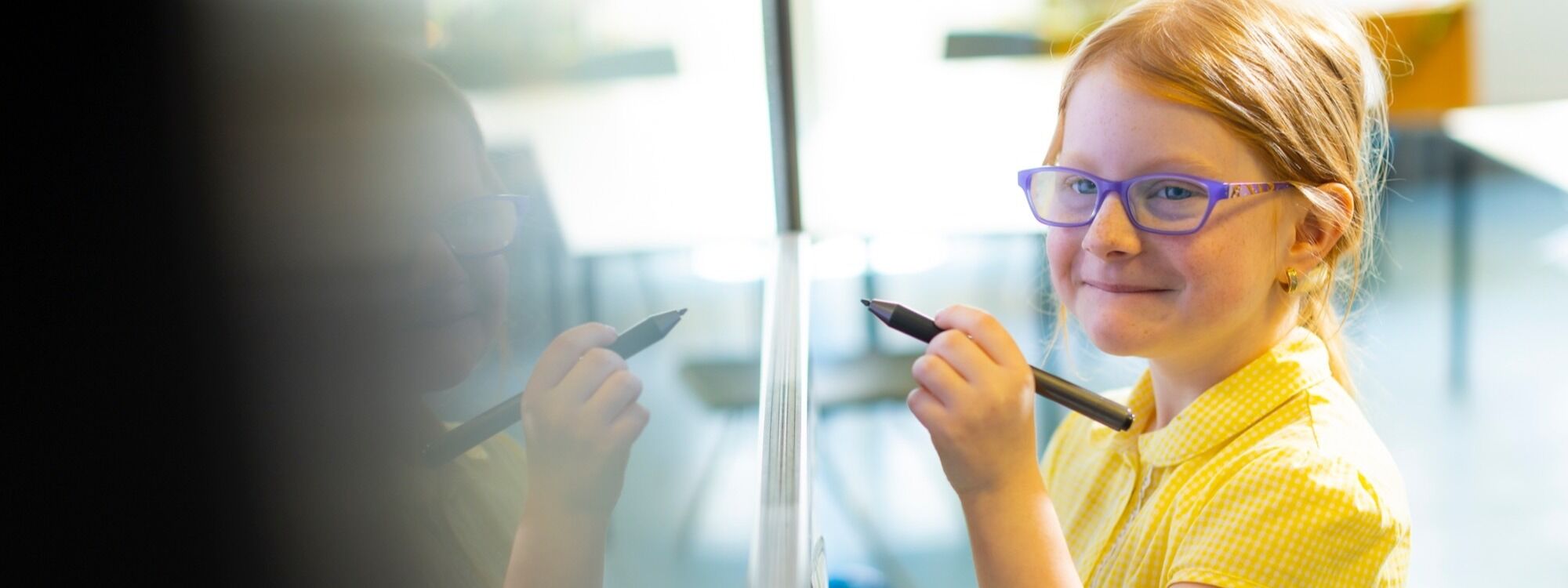Curriculum Overview
At Tudor we are committed to providing a unique curriculum filled with experiences that enthuse, engage and challenge our children.
Our children are growing up in a rapidly changing world. Our curriculum aims to provide pupils with core skills which we feel are relevant for the world they are growing up in and the relevant future skills they will need to enable them to grow into successful adults.
We aim to create a nurturing school community where our children’s learning experiences are varied and inclusive; ensuring the highest standards of learning, where all children reach their full potential whilst being inspired to continue learning in the future. We teach with inclusion, diversity and equality at the centre of all our curriculum decisions, with the focus on creating a broad and balanced view of the world and reflecting our community. Our key drivers are collaboration, creativity and communication. These drivers underpin our curriculum rationale. The following outlines the key drivers and how they affect our decision making at Tudor Academy.
Collaboration
What does this look like?
-
Learning in teams
-
Developing independence and confidence
Why is it important for our children?
We want our children to appreciate the value of working as a team and the power in drawing on other's ideas, opinions and knowledge. Our children will be equipped with the social skills to enable them to work cooperatively with those around them. This begins in Nursery and sets up our children for working collaboritvely for the rest of their lives.
Creativity
What does this look like?
-
To allow children to express their ideas and skills in a variety of ways
-
Modelling creative skills using a wide range of lessons, experiences, visits and trips
Why is it important for our children?
We want our children to be creative, engage with the arts and sciences and have a rich and varied curriculum. We want children to 'think ourside the box' and come up with their own unique and individualised ideas. We strive to encourage our children to explore their own creativity and engage with what inspries and motivates them.
Communication
What does this look like?
-
Pupil voice
-
Strong emphasis on language development
-
Use of sentence stems
-
Writing for purpose
Why is it important for our children?
We seek to equip our children with the tools to be effective communicators who present themselves with the confidence that they have a voice worth listening to. We value pupil voice and actively encourage our chidlren in their right to be heard.
Principles of pedagogy
When implementing our curriculum, each subject is taught according to the following principles:
- That learning is a change in long term memory.
- Teachers explicitly teach knowledge in small steps, making links between concepts explicit, and carefully selecting models and examples. This results in a well-organised schema.
- To teach to mastery - promoting a deep understanding of a particular concept, before moving on.
- To assess frequently and deliberately, providing systematic feedback and corrections.
- To regularly retrieve knowledge from memory to help pupils in remembering and organising their knowledge.
You are welcome to contact the academy for any further information regarding our curriculum by emailing: office@tudoracademy.org
Tudor Curriculum 2024-25
